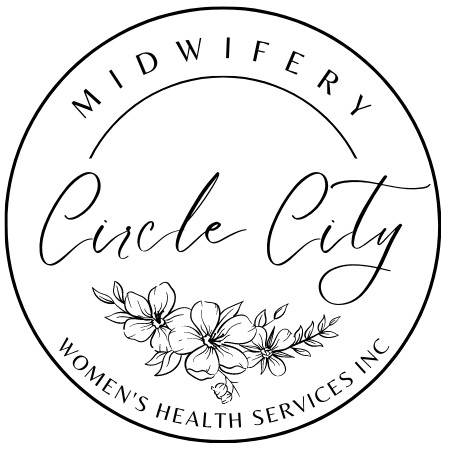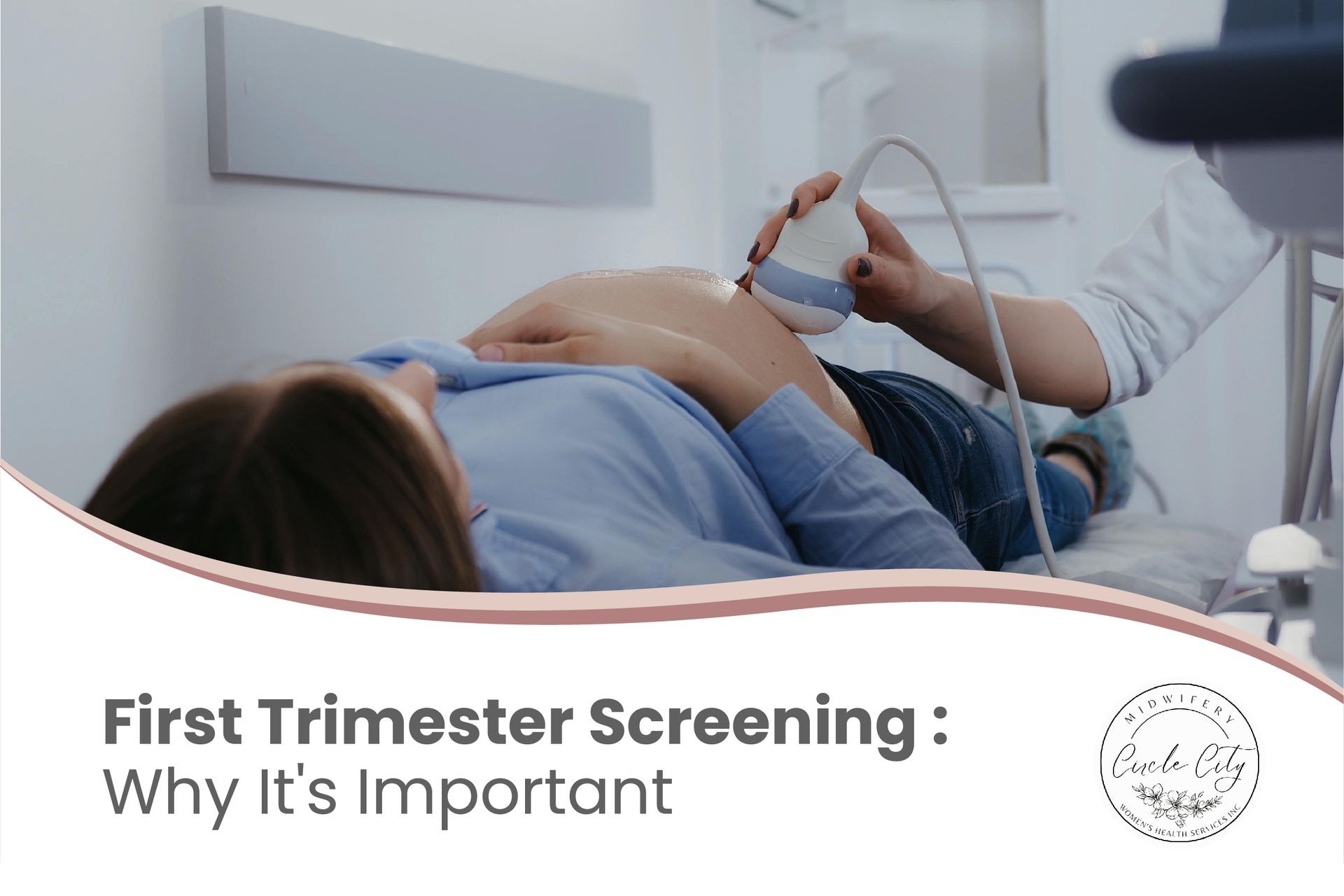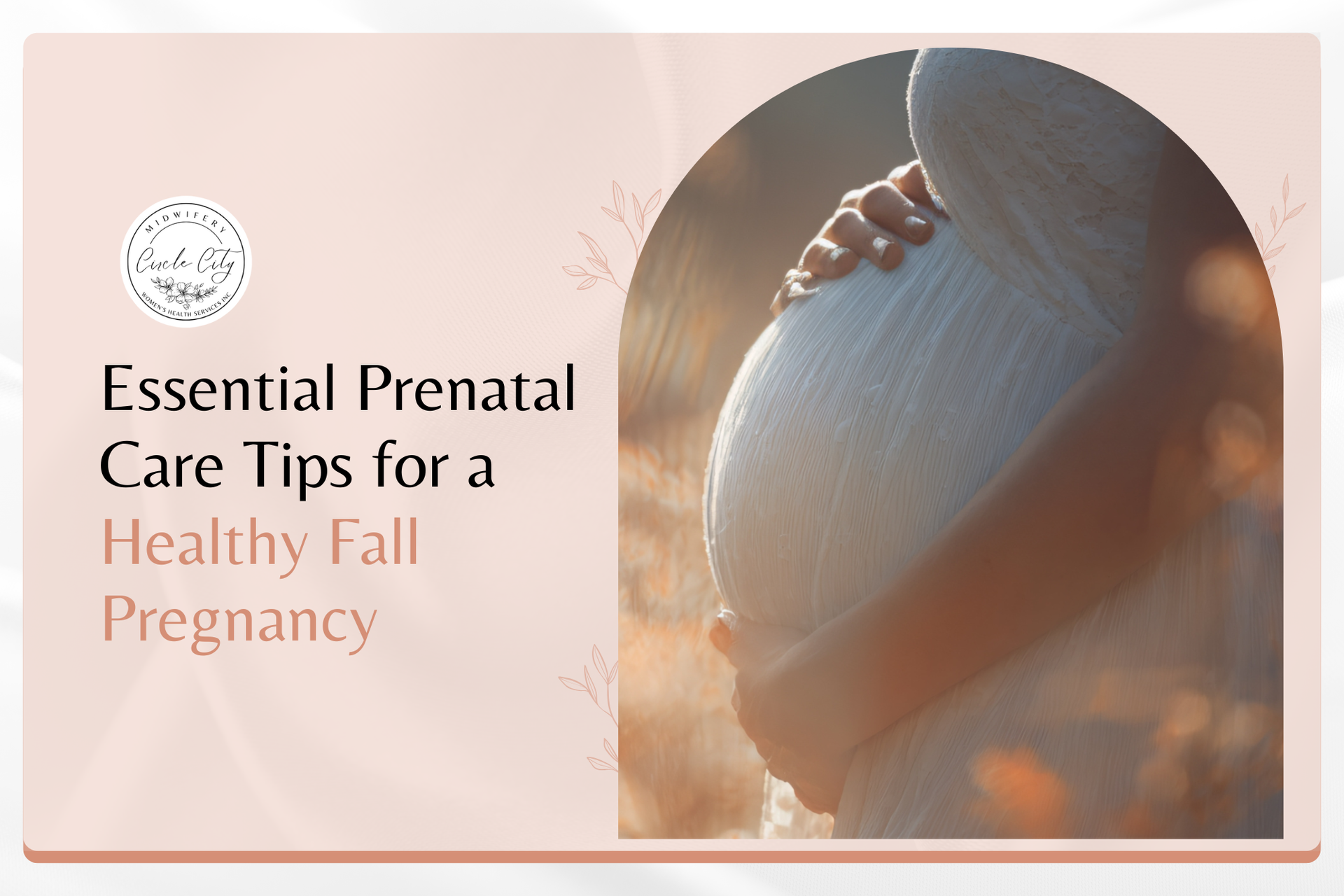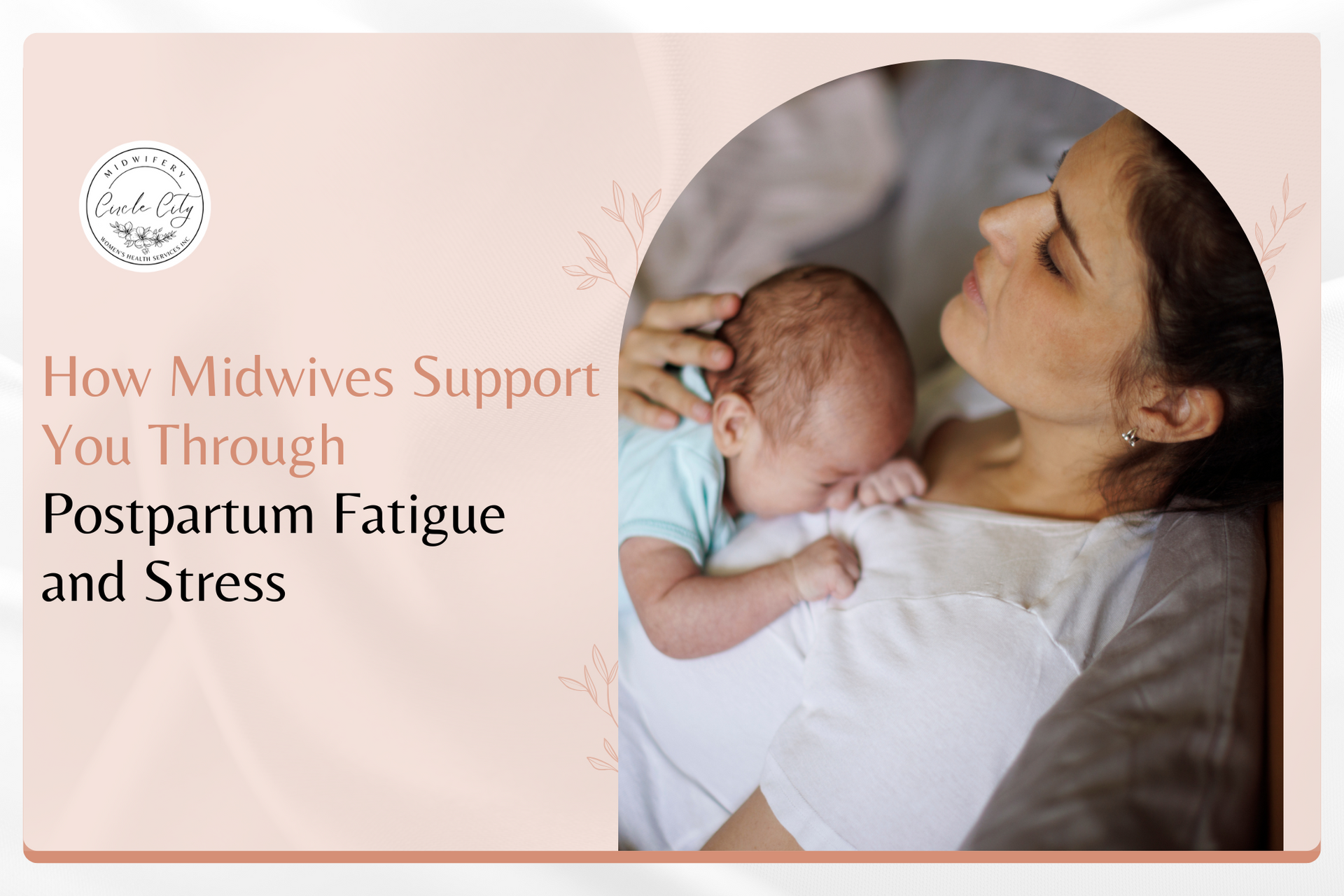Pregnancy is an exciting journey filled with anticipation and joy. With this excitement, however, comes the paramount responsibility of ensuring the health and well-being of both mother (birthing person) and baby. This is where prenatal exams play a vital role. And one essential component of early prenatal care is the first-trimester screening.
In this blog, we'll examine the importance of first-trimester tests, the process involved, and how it can empower parents to make informed decisions.
What is First Trimester Screening?
First-trimester screening is a combination of tests conducted early in pregnancy to evaluate your baby's likelihood of having certain
chromosomal conditions, like Down syndrome. These tests aim to provide healthcare professionals and parents-to-be with valuable information that can influence prenatal care and preparation.
Expecting mothers (birthing persons) will undergo first-trimester screening between the 11th and 14th weeks of pregnancy. This period allows for optimal detection of specific markers associated with birth defects.
If any potential concerns arise, your healthcare provider can discuss further diagnostic tests, possible treatments, or early interventions. These screenings can also indicate if the mother is at risk for complications like preeclampsia, informing the necessary precautions to take. In other words, the benefits of first-trimester screening extend beyond the baby.
It's important to remember that this screening doesn't diagnose conditions; it simply identifies the likelihood.
How Is First Trimester Screening Performed?
Midwives recommend mothers attend prenatal appointments throughout the initial and second trimesters every 4 to 6 weeks. During your first-trimester screening, you can expect the following tests:
Initial Consultation
You may have taken a 4-week pregnancy test at home and shown a positive result. However, during your initial visit, we will still confirm your pregnancy. A pregnancy test from 8 weeks up to 11 weeks is an excellent time to have a confirmation conducted by a midwife. During this period, the hCG (human chorionic gonadotropin) hormone levels are at their peak. Placentas produce HCG after implantation, which is vital in maintaining pregnancy and embryo development.
After confirming your pregnancy, you will also undergo a physical exam. Then, we will discuss the medical history of you and your partner. It is important to understand any pre-existing conditions, genetic factors, or previous pregnancy experiences that may influence your current pregnancy. This information equips us with the necessary knowledge to provide you with the best support and care tailored to your needs.
Blood Test
Early pregnancy blood tests are the central part of first-trimester screening. These blood work for pregnancy measure specific substances in the mother's blood that provide additional information for risk calculation.
Two primary substances measured during the prenatal labs are
- pregnancy-associated plasma protein-A (PAPP-A): a protein produced by the placenta
- human chorionic gonadotropin (hCG): a hormone produced during pregnancy
When the results are analyzed with factors such as the mother's age and gestational age, any abnormalities detected provide valuable information to estimate the probability of chromosomal abnormalities and other potential complications.
Ultrasound
You will also undergo a nuchal translucency (NT) ultrasound besides the pregnancy blood test. This transvaginal ultrasound measures the nuchal translucency, which is the fluid accumulation at the back of the baby's neck. Combined with other determinants, it allows the
midwife to see the baby's potential risk of Down syndrome and congenital heart problems.
Other Tests
If the results of the initial first-trimester screening raise red flags, medical professionals may recommend performing diagnostic tests such as (CVS)
to gather more precise data for further analysis.
Moreover, some clinics may offer more advanced genetic testing during pregnancy called
non-invasive prenatal screening (NIPS). By simply collecting a blood sample from the pregnant woman, this method can successfully screen for certain fetal chromosome disorders, including Patau syndrome (trisomy 13), Edwards syndrome, and Down syndrome (trisomy 21).
3 Reasons You Should Have First-Trimester Tests
When prioritizing the health of the developing fetus and the mother (birthing person), it's essential to recognize the crucial role of first-trimester tests. Here are three benefits of prenatal screening:
1. Early Detection of Potential Risks
Detecting potential risks as early as possible is one of the primary reasons why first-trimester screening is so important. The screening assesses the baby's risk for specific conditions, particularly
Down syndrome (trisomy 21) or Edwards syndrome (trisomy 18). By identifying genetic abnormalities, chromosomal disorders, and the risk of certain congenital disabilities early on, healthcare professionals can provide appropriate care and interventions.
2. Informed Decision-making
By becoming aware of potential challenges and available options, parents can better prepare themselves for any scenario. Whether considering additional testing, seeking specialized medical care, or exploring treatment options, early knowledge empowers parents to take an active role in pregnancy care.
3. Mental and Emotional Preparation
Knowing what to expect can help reduce anxiety and uncertainty during pregnancy. By understanding the potential future, there's valuable time for mental and emotional preparation for the parents and the extended family.
Frequently-Asked Questions
This section will address some frequently asked questions regarding first-trimester screening:
1. Can I have a first-trimester screening after 13 weeks?
Ideally, it would be best to have this screening between the 11th and 13th weeks of pregnancy. Beyond this window, you may need to do different tests. It may still depend on your healthcare provider's recommendation.
2. What if my screening results indicate high risk?
If your results indicate high risk, it does not confirm a disorder. In that case, your healthcare provider will direct you toward further diagnostic testing for a definitive answer. As mentioned, they may ask you to undergo additional screening like CVS or amniocentesis. You will also have other tests during the second trimester that can help confirm and mitigate the risks.
3. What blood tests are done during pregnancy?
Prenatal labs play a pivotal role in monitoring the health of the mother and baby. Besides the blood test for PAPP-A and hCG, they may also include
- Blood typing
- Glucose
- Immunity to rubella and varicella (German measles and chicken pox)
- Anemia
- Checks for hepatitis B
- HIV and other sexually-transmitted diseases
- Rhesus (Rh) factor: You may develop antibodies that harm your fetus if your blood is Rh negative and your partner's blood is Rh positive)
4. Can first-trimester screening diagnose neural tube defects?
No, this screening cannot diagnose neural tube defects like spina bifida. Anomaly scans later in pregnancy will provide information on this.
5. How accurate is the first-trimester screening?
The combined
of the nuchal translucency ultrasound and blood test in detecting Down syndrome is approximately 95%. However, it's important to remember that this is a screening test, not a diagnostic one. They can sometimes result in false positives or false negatives. A key point to remember is that they are part of a broader approach to prenatal care.
Take the First Step Towards Healthy Beginnings!
Ensuring the best possible start for your child begins even before they are born. First-trimester screenings are a critical part of this process, providing valuable insights into the health and development of your baby.
Detecting potential issues early allows for informed decision-making and early intervention and helps prepare you for what lies ahead. It's an investment in your child's physical health and your emotional well-being as a parent.
So, prioritize these early prenatal screenings, be proactive in your care, and embark on your journey to parenthood armed with knowledge, confidence, and anticipation for the beautiful life you're about to welcome.
Are you expecting a baby and looking for midwifery services? Circle City Midwifery is here to support and guide you throughout your pregnancy journey. Our dedicated team of midwives is committed to providing exceptional
gynecological and
prenatal care that prioritizes your well-being and respects your needs. Contact us today at 951-547-4208 or
click the link to schedule a consultation today.


